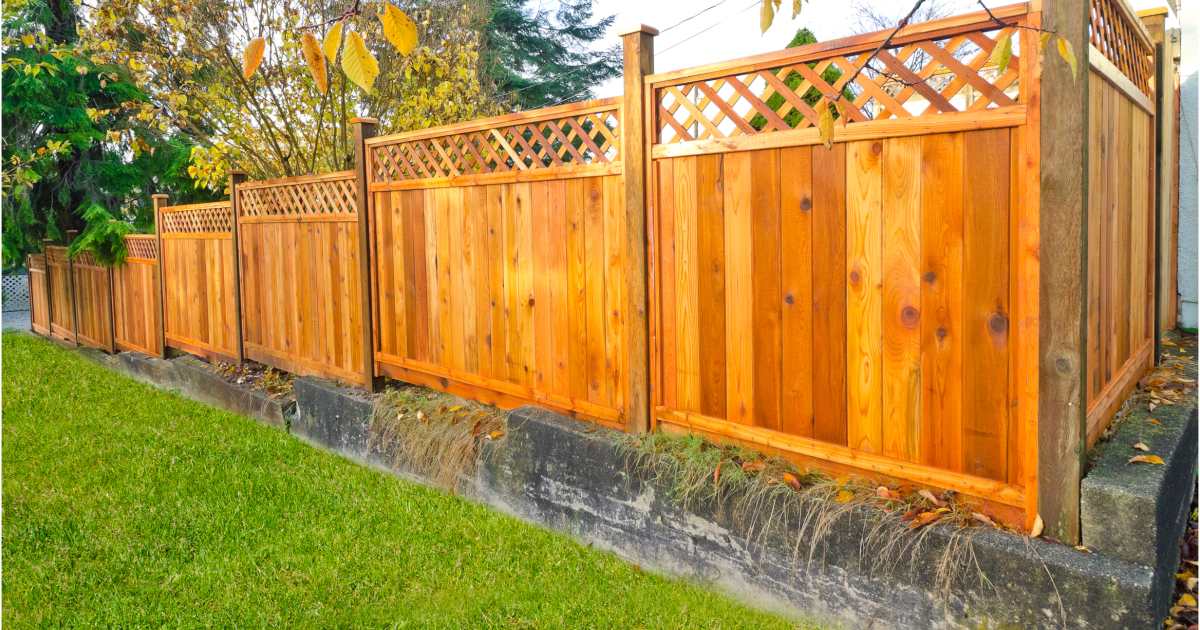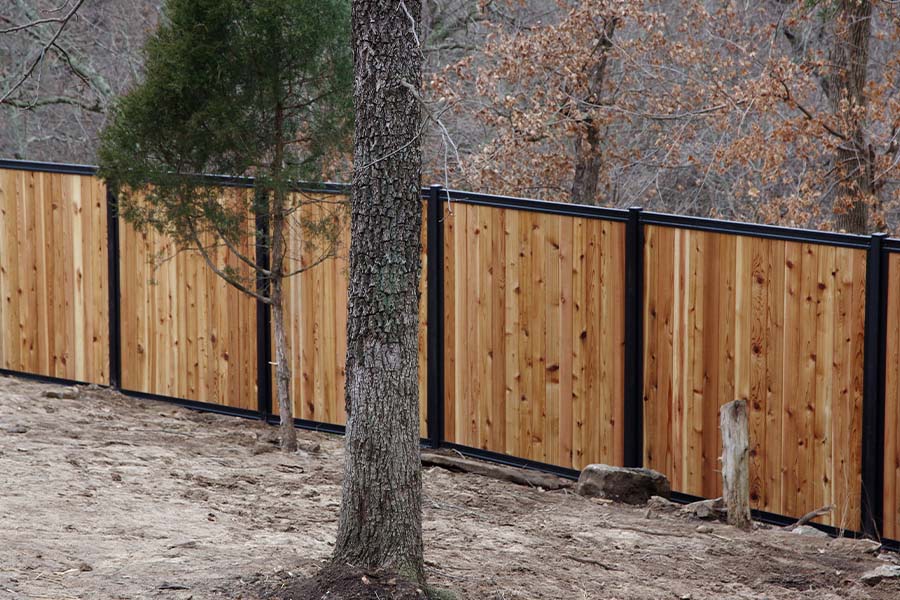All Categories
Featured

When planning to set up a fencing around your residential or commercial property, one of the very first actions is understanding the allowing requirements in your location. While the process may appear simple, neighborhood policies can differ substantially depending upon where you live. Protecting the proper licenses prior to starting the installment is crucial to prevent prospective fines, disputes with next-door neighbors, or perhaps having to eliminate your fencing. Below's what you require to learn about getting the required licenses for your fencing installment.
Why Do You Need a License for a Fencing? A license is frequently needed for fence setups to ensure conformity with neighborhood building regulations, zoning regulations, and safety and security laws. Permitting assists local authorities keep uniformity in neighborhood appearances, safety, and ecological considerations. It additionally guarantees that the fencing does not conflict with energy lines or public rooms, which it complies with height and boundary limitations.

Common Licenses Required for Fence Setup. Structure License. Many areas need a structure authorization for fence setup, particularly if the fence goes beyond a specific height (commonly over 6 feet) or is made from non-standard products. This permit ensures that your fence follows local structure codes. In some areas, the structure department will certainly examine the site to make sure that the fence satisfies safety and security and architectural criteria.
Zoning Authorization. Zoning permits are made to make certain that your fence follows regional zoning laws, consisting of setbacks from building lines, easements, and rights-of-way. Zoning legislations differ from city to city, and in many cases, your fencing may need to be established back a certain variety of feet from the sidewalk or roadway. If your fencing is in a historic area or other specially assigned locations., a zoning license might likewise be needed.

Fencing License. In some locations, a specific "fence permit" may be called for. When building a fencing for residential homes, this is normally required. The city government may specify the height, material, and design of the fencing to guarantee it mixes well with the bordering community. As an example, some cities limit chain-link fencings in front yards or have specific rules for personal privacy fences.
HOA Authorization. You may need approval prior to installing a fence if your home is component of a homeowners organization (HOA) HOA guidelines typically include specific policies regarding the kind, height, color, and products for fencings to maintain the community's aesthetic appeals. HOA policies can be stricter than city codes, so constantly inspect their standards prior to moving onward.
Easement or Energy Authorizations. If your fence will be near or throughout an easement (such as an energy easement), you may require to obtain permission from the energy firm or various other entities that manage the land. This is especially important if you intend to mine fence blog posts, as it guarantees you will not damage below ground utilities like power, gas, or water lines.
Exactly How to Discover What Permits Are Required. The very best method to identify which licenses are required for your fencing installment is to contact your local building division or community workplace. They can give you with details details regarding needs in your location. Below are a few steps you can take to figure out:
Examine the City or Region Website: Several neighborhood federal governments give details regarding fencing setup permits online. Look for building or zoning areas on their site. Call or See City Government Offices: If the info is not conveniently offered online, calling or checking out the neighborhood workplace personally can clarify what's needed. Consult an Expert Service Provider: If you're unsure or overloaded by the procedure, a local service provider or fence installation company can help in browsing the permitting process, as they're familiar with regional laws. What Happens If You Don't Obtain an Authorization? In several areas, you might face penalties, and your fence may be purchased to be eliminated. Permitting makes sure that your fencing is compliant and helps prevent future complications.
Final thought. Prior to mounting a fence around your residential or commercial property, it's necessary to check whether an authorization is required in your area. Structure licenses, zoning permits, HOA approval, and utility permissions may all play a role in your fence setup process. Making the effort to research study and get the essential authorizations will certainly not just ensure that you're complying with local policies, yet likewise help shield your investment and preserve the honesty of your property.
Latest Posts
Learn How to Reduce Expenses on Car Maintenance with Montclare Auto Repair’s Limited-Time Deals
Published May 29, 25
1 min read
Dependable Commercial Roofing Providers by Weathercraft
Published May 26, 25
1 min read
Discover WyHy FCU – Key Tools for Your Money Goals
Published May 24, 25
1 min read
More
Latest Posts
Learn How to Reduce Expenses on Car Maintenance with Montclare Auto Repair’s Limited-Time Deals
Published May 29, 25
1 min read
Dependable Commercial Roofing Providers by Weathercraft
Published May 26, 25
1 min read
Discover WyHy FCU – Key Tools for Your Money Goals
Published May 24, 25
1 min read